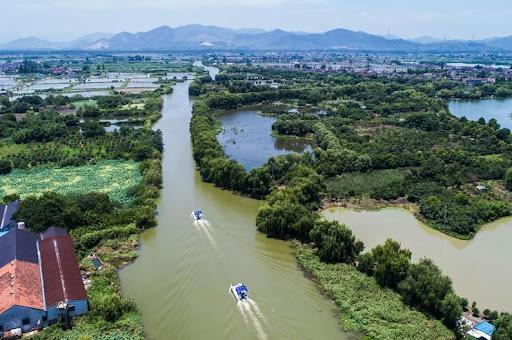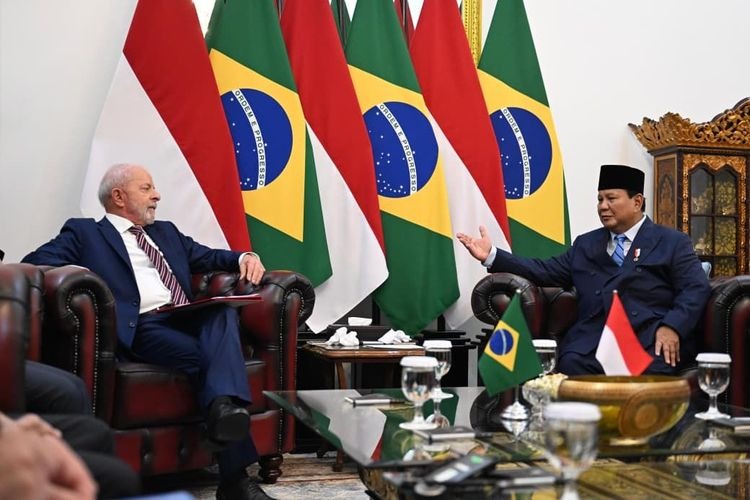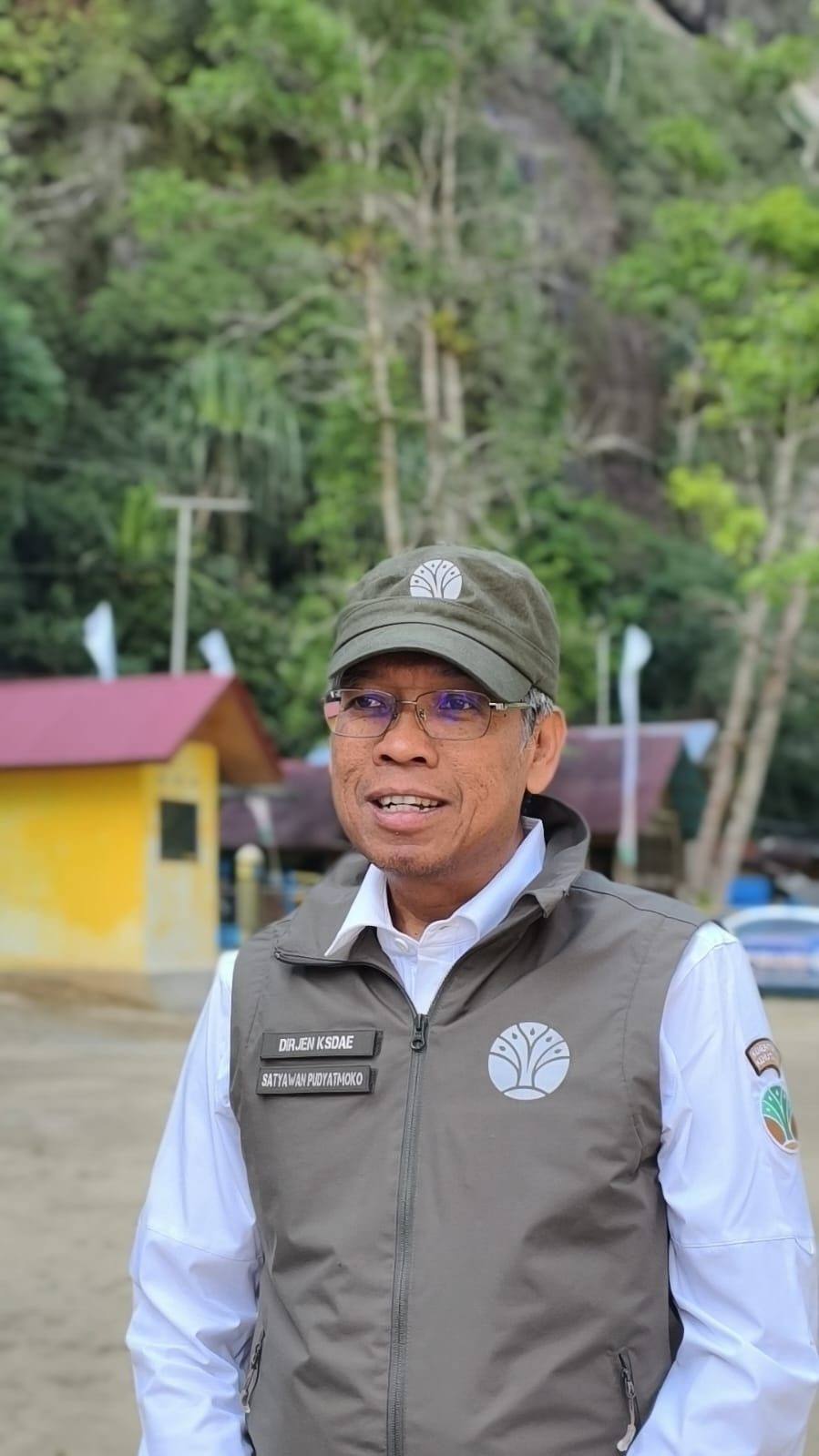Enviro News Asia, Jakarta – Tenurial conflict is an inevitable consequence in the implementation of forestry sector policies. Therefore, a fair and community-oriented approach is needed.
Social Forestry, a policy of the Ministry of Forestry of the Republic of Indonesia, has become one of the conflict resolution models that legally and sustainably empowers local communities.
“Efforts to resolve conflicts must be based on a spirit of collaboration, trust-building, and shared commitment between the government, communities, and other stakeholders,” said Julmansyah, Director of Tenurial Conflict and Customary Forest Management (PKTHA), during the Workshop on Tenurial Conflict Resolution in Forest Areas held in Jakarta on Thursday (24/07/2025).
The workshop aimed to strengthen synergy among stakeholders at the national and regional levels in addressing tenurial conflicts in forest areas.
It was conducted in a hybrid format with a total of approximately 159 participants—60 attended in person, and 99 joined virtually.
Mahfudz, Secretary General of the Ministry of Forestry and Acting Director General of Social Forestry, stated in his opening remarks that the workshop was part of a strategic effort to enhance coordination and collaboration among all parties in resolving tenurial conflicts in forest areas.
Mahfudz emphasized that Social Forestry plays a key role in providing an equitable and inclusive avenue for conflict resolution while encouraging more participatory forest governance involving local communities.
To support this, the Ministry continues to promote the implementation of the One Map Policy and the development of a Decision Support System (DSS) to improve spatial data accuracy, prevent overlapping permits, and ensure data alignment among institutions.
Nur Sumedi, Inspector II of the Ministry of Forestry, added that resolving tenurial forestry conflicts requires strategies tailored to the specific characteristics and dynamics on the ground.
In carrying out its internal oversight duties, the Inspectorate General remains committed to supporting conflict resolution efforts that are accountable and adaptive to the complexities of tenurial issues in the forestry sector. (*)
















